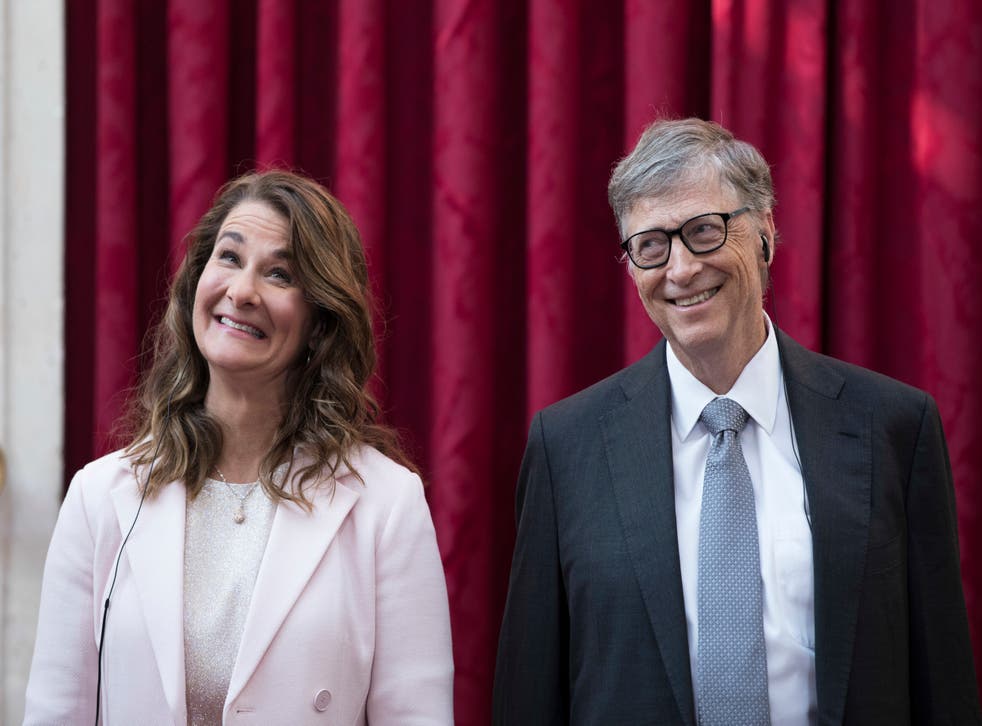Issued on: 11/07/2021 -

Members of Myanmar's Karenni People Defense Force (KPDF) take part in military training at their camp near Demoso in Kayah state STR AFP
Kayah State (Myanmar) (AFP)
In their camp hidden in the forested hills of Kayah state near the Thai border, Myanmar anti-junta volunteers practice firing their homemade weapons, do physical training, and play guitar in between skirmishes with the military.
Myanmar has been in turmoil since the military ousted Aung San Suu Kyi's elected government in February and launched a bloody crackdown on pro-democracy protests.
In some areas civilians have formed "defence forces" to combat the State Administration Council, as the junta dubs itself, often using hunting rifles or weapons manufactured at makeshift factories.
"I've been away from my family more than three months," one member of the defence force at the camp told AFP on condition of anonymity.#photo1
"I will return home after this revolution."
During that time the group of roughly 60 has fought around twenty skirmishes with the Myanmar military, or Tatmadaw, he said.
Communication is patchy in the country's eastern states, and AFP was unable to verify the number of clashes.
Since the coup, fighting between Myanmar's military and rebel groups in the east of the country has displaced an estimated 100,000 people, the UN said last month.
Locals in Kayah state have accused the military of using artillery shells that have landed in villages.#photo2
That has only hardened resolve to take up arms.
"We will never forget and forgive till the end of the world" reads a tattoo across the neck of one volunteer.
The wooden rifle of another has "Spring Revolution" carved into the butt and barrel in Burmese script.
In a mixture of combat camouflage and T-shirts, the volunteers go on patrol, navigating single track paths through the jagged hills.
They practice firing their motley assemblage of weapons at a makeshift firing range.
During downtime, one plays guitar on a bench while another resting inside a tent checks his weapon.#photo3
More than 890 people have been killed by the junta's security forces since February 1, according to a local monitoring group.
As well as the rise of local self-defence forces, analysts believe hundreds of anti-coup protesters from Myanmar's towns and cities have trekked into insurgent-held areas to receive military training.
The civilian fighters are often outnumbered and outgunned in clashes with Myanmar's military -- one of Southeast Asia's most battle-hardened and brutal.#photo4
But the volunteers are determined to fight on.
"If we all fight, we will win," one told AFP.
"I believe we can win."
© 2021 AFP
Kayah State (Myanmar) (AFP)
In their camp hidden in the forested hills of Kayah state near the Thai border, Myanmar anti-junta volunteers practice firing their homemade weapons, do physical training, and play guitar in between skirmishes with the military.
Myanmar has been in turmoil since the military ousted Aung San Suu Kyi's elected government in February and launched a bloody crackdown on pro-democracy protests.
In some areas civilians have formed "defence forces" to combat the State Administration Council, as the junta dubs itself, often using hunting rifles or weapons manufactured at makeshift factories.
"I've been away from my family more than three months," one member of the defence force at the camp told AFP on condition of anonymity.#photo1
"I will return home after this revolution."
During that time the group of roughly 60 has fought around twenty skirmishes with the Myanmar military, or Tatmadaw, he said.
Communication is patchy in the country's eastern states, and AFP was unable to verify the number of clashes.
Since the coup, fighting between Myanmar's military and rebel groups in the east of the country has displaced an estimated 100,000 people, the UN said last month.
Locals in Kayah state have accused the military of using artillery shells that have landed in villages.#photo2
That has only hardened resolve to take up arms.
"We will never forget and forgive till the end of the world" reads a tattoo across the neck of one volunteer.
The wooden rifle of another has "Spring Revolution" carved into the butt and barrel in Burmese script.
In a mixture of combat camouflage and T-shirts, the volunteers go on patrol, navigating single track paths through the jagged hills.
They practice firing their motley assemblage of weapons at a makeshift firing range.
During downtime, one plays guitar on a bench while another resting inside a tent checks his weapon.#photo3
More than 890 people have been killed by the junta's security forces since February 1, according to a local monitoring group.
As well as the rise of local self-defence forces, analysts believe hundreds of anti-coup protesters from Myanmar's towns and cities have trekked into insurgent-held areas to receive military training.
The civilian fighters are often outnumbered and outgunned in clashes with Myanmar's military -- one of Southeast Asia's most battle-hardened and brutal.#photo4
But the volunteers are determined to fight on.
"If we all fight, we will win," one told AFP.
"I believe we can win."
© 2021 AFP







